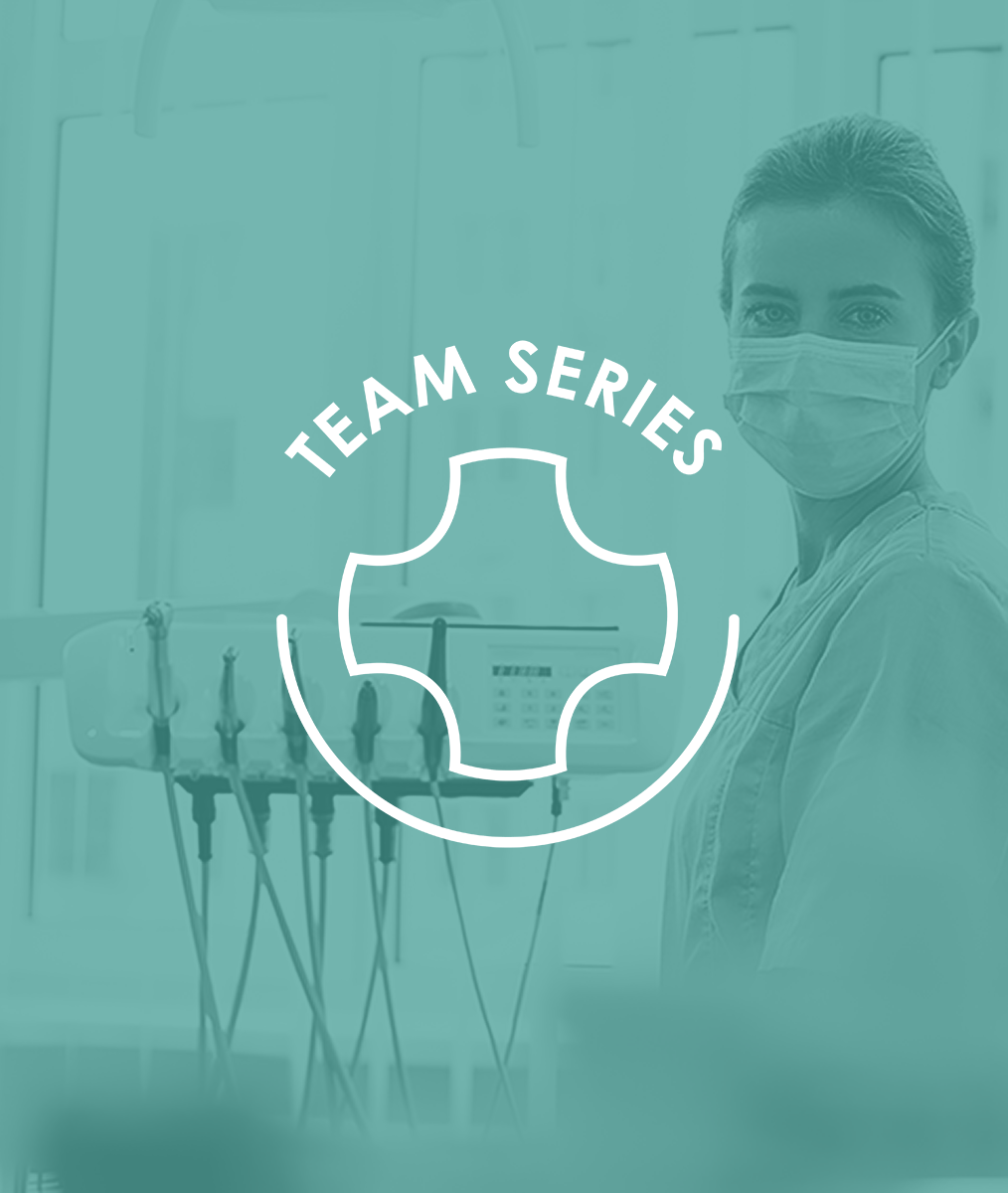
The Examination Is Sacred Time
Here I share abridged excerpts from my newest book The Porch: A Dental Fable to illustrate why the new patient exam is sacred time that sets the stage for trust.
In this story, Tom Parker, DDS has been invited to shadow a second-generation dentist by the name of Paul Wilson, who has been in practice many years in a small town in upstate New York. Paul is a close friend of Tom’s mentor Henry, and both Paul and Henry have been immersed in opening the eyes of dentists to the possibility of practicing in an intentionally virtuous way that is enriching for both patients and dentists.
Upon arrival at Paul’s dental office, Tom notes that Paul displays photos of his family and dogs, pictures related to his love of skiing and golf, and pictures that indicate he is as a person of prominence in his community. Tom feels like he is back in time to another era.
Paul tells Tom the first patient is a new one so Tom will see what a blank slate looks like for the doctor and patient. When Paul is finished, he escorts Tom into his private office and asks him what he thinks so far.
“To be honest, Paul, you did it just the way Henry taught me.”
“Okay, but what didn’t you see. You know, what was invisible to you?”
“What do you mean?”
“I mean the intangibles. The things we can’t see or touch or even explain sometimes — like love. Let me explain what the positive psychologist Barbara Fredrickson calls the cocoon of self-absorption. Most of us spend our days focused on ourselves. It’s just our default…Frederickson says love appears ‘anytime two or more people, even strangers connect over a shared positive emotion, be it mild or strong.’ The doctor-patient relationship is a dyad in which love can be present…The virtues of love, empathy, kindness, compassion, and gratitude take time.”
“I think Henry mentioned that trust is spelled T.I.M.E.”
“Yes, we like to teach that. And that is why we ritualize the comprehensive examination, so we can leave the cocoon of self-absorption and become other-focused. That is why we ritualize slow dentistry.”
“Slow dentistry…I like that. I also noticed that the first thing you did was thank Gloria for coming in.”
“Congratulations, Tom, good observation. Gratitude is another virtue that is most important for our well-being. Being grateful rather than feeling entitled or taking others for granted is important. My dad taught me that years ago. Every morning he would greet his team and tell them how thankful he was for them being with him. Science tells us that gratitude is a great way to improve our health, happiness, and general well-being. So, I ritualize my greeting, but I really do mean it. I must earn the right to treat them. Did you notice how much attention I was paying to Gloria? It’s a tricky thing. It’s more than just listening.”
“Yes, I have seen active listening demonstrated before, but what you were doing was different.”
“I’m sure Henry has told you there is no instant pudding. We all need to work on our attention. Love is attention. It’s the highest form of love there is. When we learn to pay attention with no expectation of reward, with no agenda, this is the rarest form of generosity. People can spot bogus attention in a heartbeat. Your wife and kids know when you’re not paying attention. Patients know, too. That is why we make the examination sacred time without interruption.
“People want to feel that they are the only one in the room. I always begin with a very open-ended question, for example, ‘What you are going through with your health?’ or ‘What is it that made dental care a priority now?’ I don’t keep a list of questions. I use different ones. Some land well. Others fall flat, but I keep trying, always looking for levels of comfort. The point is to not just acknowledge their presence but to truly notice their presence. This takes another level of awareness. We need to learn their stories. We need to learn their goals, not only their dental goals but their overall health and wellness goals. They want to know that we are here for them in every way.”
Tom’s face lights up in an Aha moment as he realizes love is operationalized through attention that is selfless. The examination is sacred time in which we pay attention – with no expectation of reward.
Related Course
The Pankey Hygienist: Where Clinical & Behavioral Science Unite
DATE: January 9 2025 @ 8:00 am - January 11 2025 @ 1:00 pmLocation: The Pankey Institute
CE HOURS: 23
Regular Tuition: $ 3195
Single Occupancy Room with Ensuite Bath (Per Night): $ 345
The Power of Development Hygienists and Dentists: Are you ready for your hygiene appointments to be more effective both clinically and relationally? Can you imagine having a totally fresh perspective…
Learn More>






